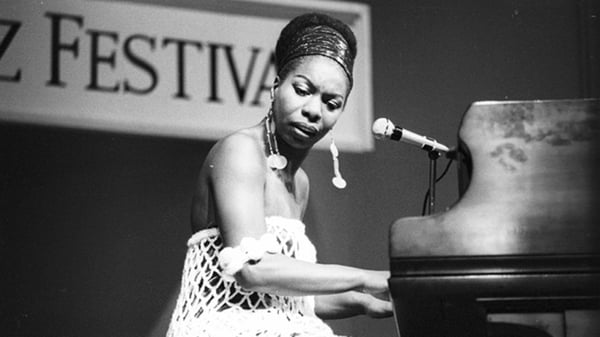 Try finding inspiration in stories about artists and bands to help renew your focus. (Image via rollingstone.com)
Try finding inspiration in stories about artists and bands to help renew your focus. (Image via rollingstone.com)
As an independent musician, there are lots of factors that can eat away at your focus on music. You've got a day job (or a night job.) Responsibilities in your family life or social obligations often take priority. Maybe you're in school, too. So how do you find time for creative work?
Like with any endeavor, you'll make time if you truly want to. How much time you can devote, however, will depend on the demands of your non-musical life. With that in mind, it's important to squeeze as much out of every minute you can spare. Focus is key – and these five tips will help you renew and maintain yours.
1. Tap into the positive emotions you have about pursuing music as your career
Think back to a time when you felt like things were really happening with your music career. Even if your only high note so far is the day you decided to really start the project, try to remember in its full intensity how you felt. Whether it was excitement, accomplishment, or some other satisfying emotion, revisiting that memory can help you motivate its repetition.
[5 Tips to Spark Your Music-Making Motivation]
2. Find inspiration in books and movies
Music-centric or not, a break to enjoy someone else's creative endeavors can help your own. Research has proven that reading fiction improves brain function, so getting lost in a novel, regardless of its subject or themes, could stimulate creativity. Another option is the educational route: biographies, autobiographies, documentaries, and biopics about musicians or industry people. Personally, I'm in the middle of Chuck Berry's 1987 autobiography and recently watched the Nina Simone doc What Happened, Miss Simone? on Netflix, and both triggered emotions and thoughts that have helped me push forward in my own work as music writer. You can always benefit from learning more about your craft and the people who shape it – and you'll probably find their stories to be an inspiring reminder to keep working hard.
[5 Inspirational Books Every Musician Should Read]
3. Set realistic goals
It's important that the mile markers you hope to hit are reasonable. Investing too much hope in way-out-there goals can bog you down if you don't see results right away. (You probably won't.) Your first goal shouldn't be to sell out your favorite venue in town or get an album on the charts. A lot of bands and artists don't accomplish either, but that doesn't mean their careers aren't successful or fulfilling.
Earlier this year, we outlined sensible goals in a step-by-step guide here. Note the post's emphasis on building your career laterally. Growing your fanbase can be incredibly gratifying, and that feeling will help propel your progress as a band or artist.
4. Set a schedule that helps accomplish those goals
Once you've figured out your goals, you need to arrange your schedule to give them adequate attention. You might be tempted to devote a ton of time to music, which doesn't sound so bad at face value. But it's important to keep up with your non-musical responsibilities, too, like your job, family, and social life. If you neglect those areas in your life, things might begin to feel imbalanced or even chaotic – which is detrimental to your focus while you're actually working on music. And don't forget to allow for rest and exercise, too!
5. Create a distraction-free zone
During songwriting sessions, rehearsals, or recording, turn your dang phone off! If you're using it for a music-related purpose, at least switch to silent and turn off all push notifications. Additional ways to increase efficiency and focus while working:
- Eat beforehand – an empty stomach is a distraction!
- If you begin to idle or struggle with writer's block, take a break. There are plenty of studies that indicate a break during long stretches of work can renew concentration.
- Even better? Five to 10 minutes of physical activity to awaken the entire body.
[8 Easy Tweaks to Make Your Practice Time Way More Productive]
Jhoni Jackson is an Atlanta-bred music journalist currently based in San Juan, Puerto Rico, where she juggles owning a venue called Club 77, freelance writing and, of course, going to the beach as often as possible.


